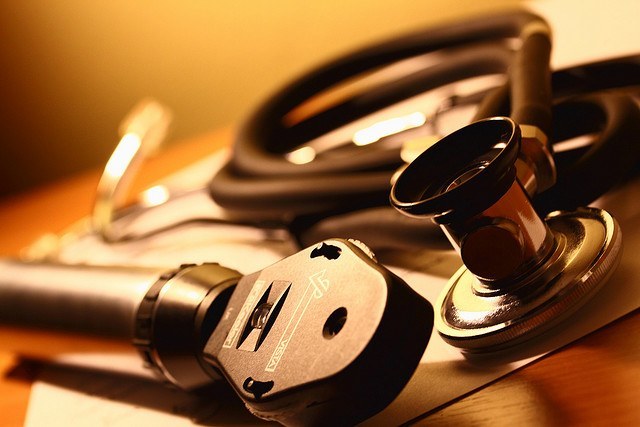
ICD-10 costs for small physician practices are significantly much lower than expected, according to a new study released today by the Professional Association of Health Care Office Management (PAHCOM). The survey of 276 physician practices of fewer than six providers revealed that total ICD-10 transition costs for an entire practice averaged $8,167. Per provider expenditures averaged $3,430 for a practice with a single provider to $1,838 for a practice with six providers. There were insufficient responses from larger practices with seven or more providers so these practices were not included in the analysis.
“We hear so much conflicting information about the impact of ICD-10 on the small physician practice. Our goal was to bring some clarity to the discussion by surveying our members—office managers who represent hundreds of solo physician and small group physician practices across the United States,” said Karen Blanchette, MBA, association director of PAHCOM. “Our members reported actual data on expenses to date and costs still remaining. The PAHCOM survey is the most comprehensive and current data on ICD-10 implementation costs actually being incurred by small physician practices.”
Survey Background
Survey respondents were asked to specify the number of providers in the practice, where a provider was defined as a direct care giver including physicians, physician assistants, and nurse practitioners. Survey questions on total expenditures for all ICD-10 related activities specifically highlighted the cost of ICD-10 manuals and documentation, ICD-10 training costs, the cost of superbill conversion, software system upgrades, and testing.
As noted in the survey report, the ICD-10 expenditures are similar to those reported in two other recent industry studies and are significantly lower than earlier estimates that predicted ICD-10 implementation costs of $22,560-$105,506 for small physician practices.
Key Factors Driving Lower ICD-10 Costs
The lower ICD-10 transition costs reported in this survey may be in part due to:
– vendor response to the implementation of ICD-10. ICD-10 educational materials are now readily available for a nominal cost.
– Practice specialty-specific superbills can be downloaded at no cost from the internet
– Many software system vendors are providing ICD-10 system updates at no additional cost.
– The adoption of electronic health records by physician practices has further facilitated the transition to ICD-10
The published study, “Survey of ICD-10 Implementation Costs in Small Physician Offices,” was co-authored by Blanchette, Richard Averill, MS, senior vice president, Public Policy for 3M Health Information Systems, and Susan Bowman, MJ, RHIA, CCS, senior director, Coding Policy and Compliance for the American Health Information Management Association (AHIMA).
The survey results were published today in the Journal of AHIMA and presented by PAHCOM at a congressional briefing hosted by the Coalition for ICD-10 this afternoon in Washington, D.C. “We need it. We’re ready” was the central message communicated by speakers at a February 10th Capitol Hill briefing on ICD-10. The briefing was an opportunity for congressional members and staff to hear from physicians and other experts about ICD-10 implementation progress and why the October 1, 2015 transition is needed and supported by the majority of the healthcare community.
View the slides of the panel speakers:
- View Slides – Small Rural Provider Readiness – Edward Burke, M.D. and Phillip Beyer, D.O.; Beyer Medical Group, Fredericktown, MO.
- View Slides – The Countdown to ICD-10 for Hospitals – David W. West, M.D., Medical Director Health Informatics & Business Partners, Nemours Children’s Health System
- View Slides – Physician Office Management – Karen Blanchette, MBA; Association Director, Professional Association of Health Care Office Management (PAHCOM)
- View Slides – Payor Readiness – George Vancore, Sr. Manager, Systems Integrator and Business Architect, Delivery Systems Mandates and Compliance, Florida Blue.
